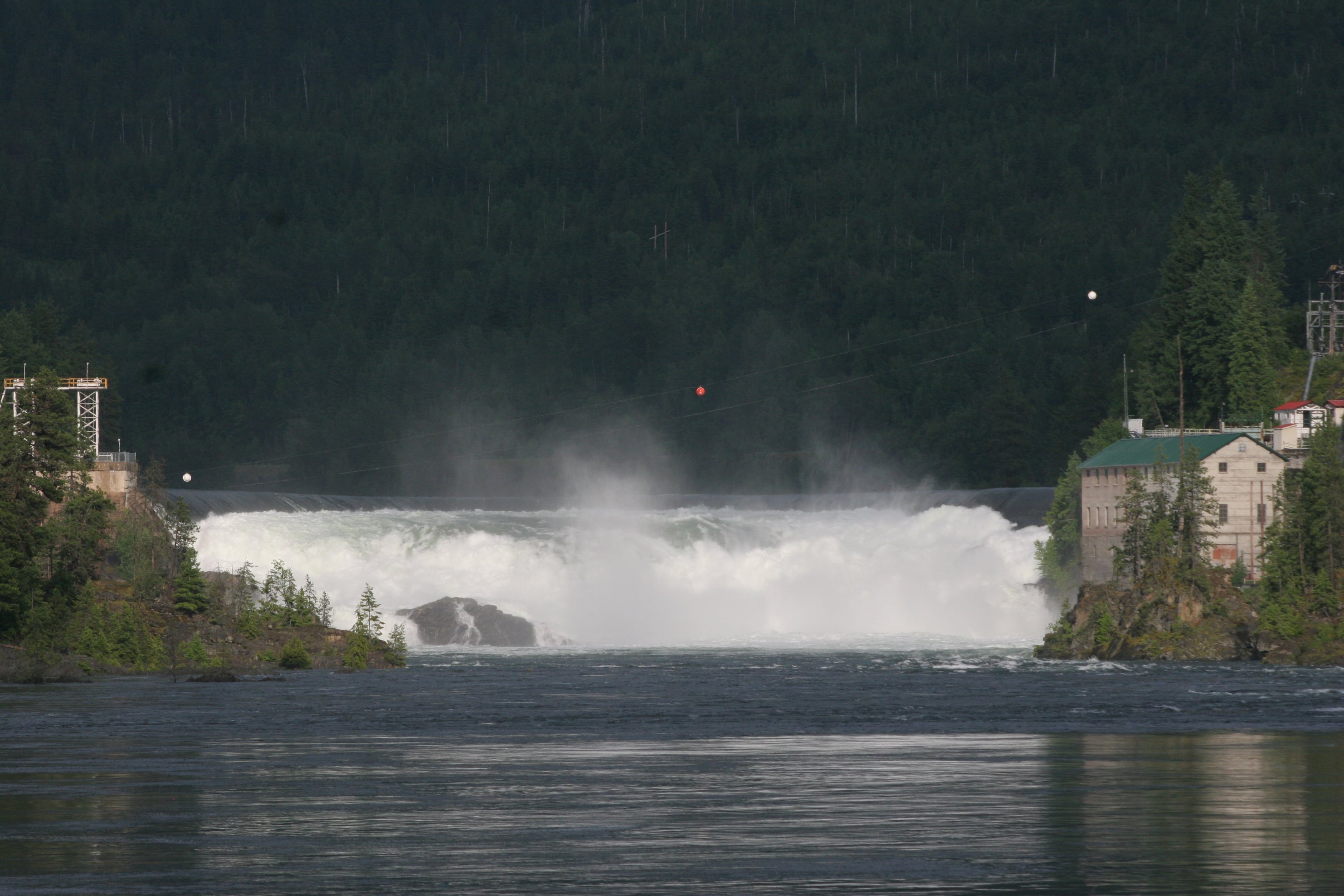Provincial electrical rate freeze allows city to keep its own increase the lowest in years: Nelson Hydro manager
A provincial freeze on electrical rates has allowed the city to smooth the annual spikes and bumps for its own utility, easing into one of the lowest proposed increases in several years.
Nelson Hydro delivered a “modified smoothing proposal” — first discussed at one of the city’s budget meetings in late November — that will cap the annual electrical rate increase at 2.25 per cent for a few years, said the utility’s general manager, Alex Love, in his report to city council Monday night during its regular meeting.
The smoothing process was proposed to avoid fluctuations in the annual rates, drawing out the forecasted increase over three years, said Coun. Robin Cherbo.
“So that way there isn’t any huge increase or huge decrease,” he said.
BC Hydro was mandated by the province to freeze its rates last month.
“What gives me a bit of comfort as well is that … this would enable Nelson Hydro to apply for a lower general rate increase than previously anticipated,” said Mayor Deb Kozak.
“It’s certainly one of the lowest rate changes in a few years,” Love agreed.
City staff recommended the 2.25 per cent general rate increase in Nelson Hydro electrical rates for all classes effective April 1, 2018. Increasing the 2018 rate change from 1.55 per cent to 2.25 per cent (effective April 1) as discussed Nov. 27 in council, results in an estimated reduced rate pressure in subsequent years specifically reducing the forecast 2019 rate changes from 3.92 per cent down to 3.04 per cent, said Love.
“This rate increase will see a reduction in the operating expense budget from 2017 of 2.18 per cent, and our dividend increasing from $2,700,000 to $2,754,000,” he said in his report to council.
The rate increase will also help fund the longer-term capital requirements for Nelson Hydro, while the water license reserve transfer will remain static at $658,266.
A 2.25 per cent general rate increase in April will result in a revenue increase of about 1.56 per cent to the utility for 2017 and a transfer to the capital reserve of $2,787,047, said Love.
“(W)hich is in line with our long term sustaining needs of $2.75 to $3 million,” he said.
FortisBC has a proposed increase of .17 per cent discussed in its annual review but this has been deferred until approximately February of 2018. When a rate change is put into effect, it will be retroactive to Jan. 1, 2018.
The Electrical Utility Amendment Bylaw was read — and passed — three times and now awaits adoption at the next council meeting.
The city had been provided with further information on several rate increase options including the modified rate smoothing with its advantages and disadvantages, said Kozak.
The utility rate amendment bylaw was brought forward to council Monday night for consideration prior to the completion of the city’s 2018-2022 Financial Plan.
If the rate increase is approved it will allow Nelson Hydro to “communicate these changes” to customers prior to the rates going into effect on April 1, as well as allowing the BC Utilities Commission to approve any increase for the rural customers before adoption of the amendment.
Powering Nelson up
Years of expert management and fiscal acumen have allowed the city’s electrical utility to become one of the most efficient services in the province, said city manager Kevin Cormack.
He noted that there was a sentiment more than a dozen years ago held by city council that it should do away with the city-owned utility, citing “disrepair” and the daunting amount of money it was going to cost to bring it up to standards as the reasons.
But council of the day chose to invest in the utility and previous councils have kept up that work, and Hydro management have done “a great job of maintaining assets,” said Cormack.
“Pre-maintenance can be a bit controversial,” but the outages have decreased, he said. “Now we are getting ahead of the curve in terms of that.”
Now the utility just needs to raise enough capital to sustain the annual appreciation of the utility assets, as opposed to significant investment, rebuilding generation, transmission and distribution aspects of the utility over that time.
The city will be placing many of the departmental budget reports and presentations on its website, as well as on Facebook, in order to give people a look into the process of crafting the overall budget.


























